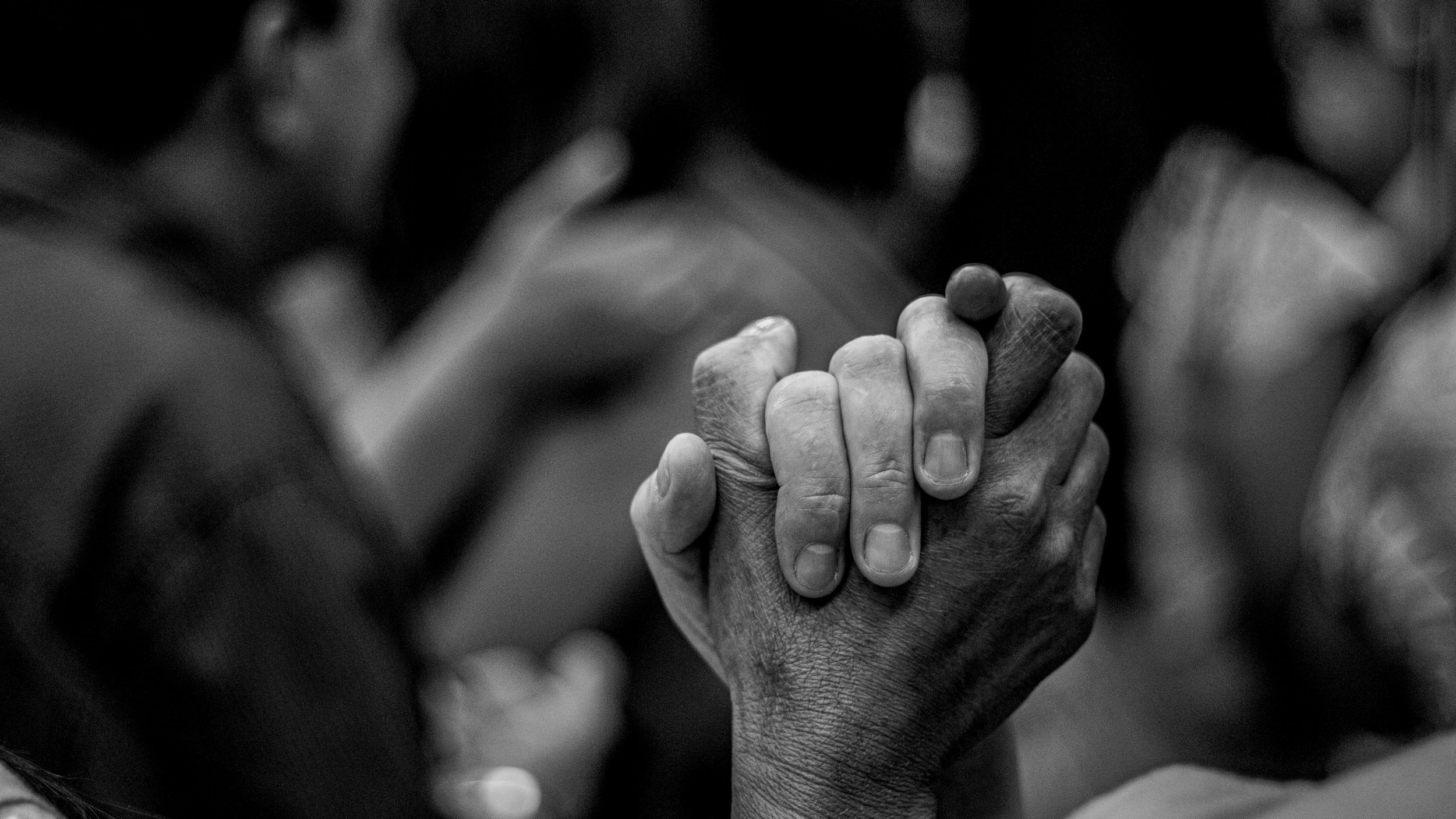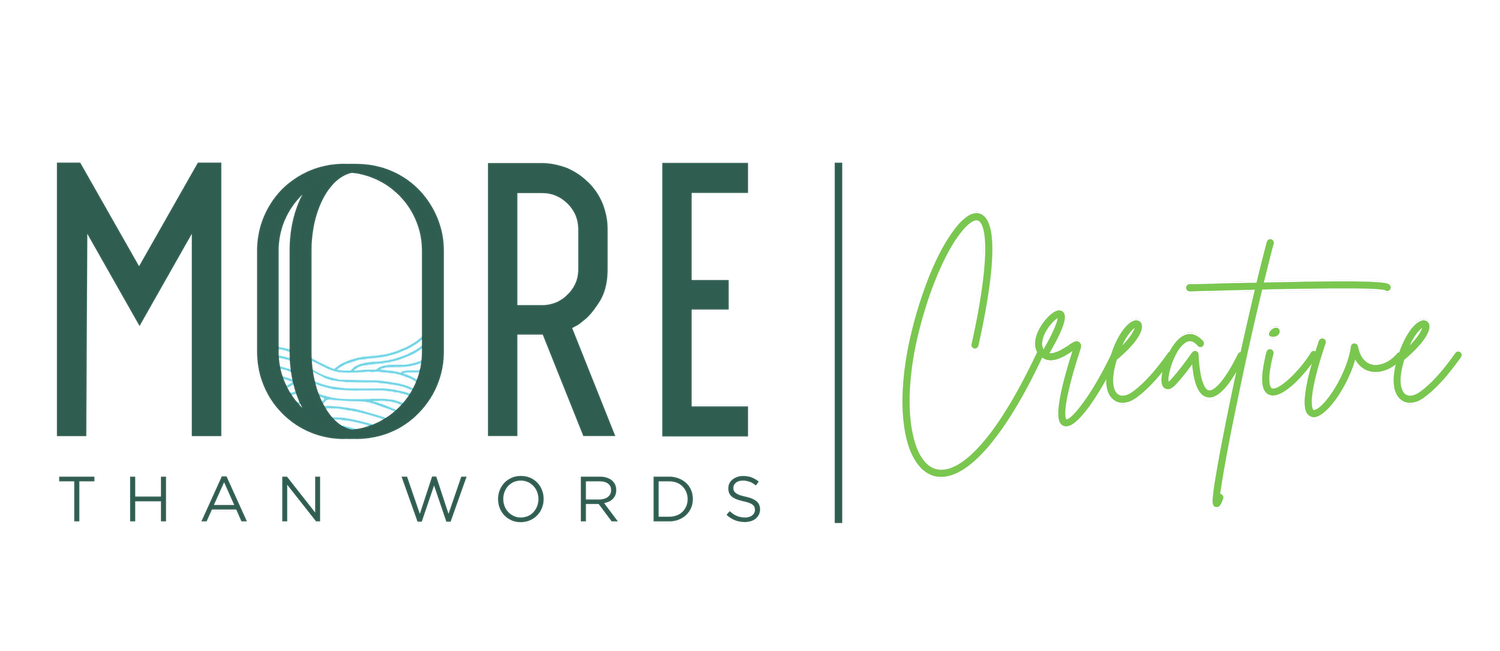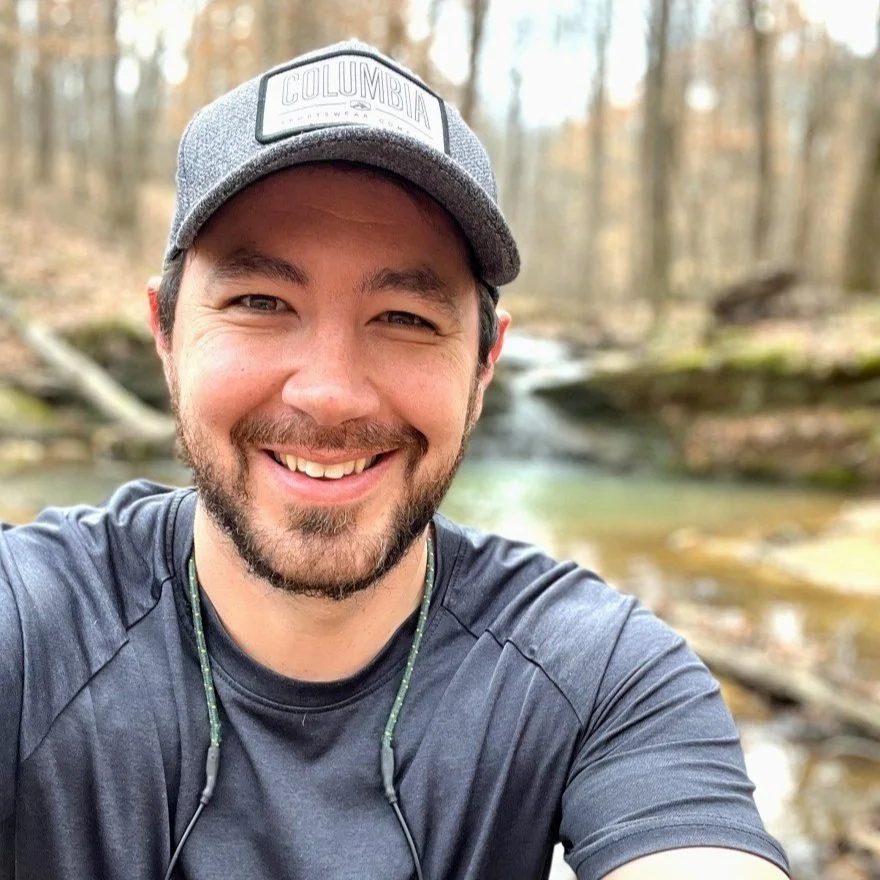
Good work
deserves a
great story
Fractional communications
for nonprofits & faith communities
Let’s make your message as bold as your mission.
You’re changing lives, meeting needs, and strengthening communities.
But when you're busy fulfilling your mission, there’s not always time to shape messaging that truly tells your story and brings in dollars.
If you’re like most nonprofit leaders, you want to…
Increase your revenue
with consistent, honest messaging grounded in dignity and hope
Attract new fans
who believe in your work and want to get involved
Convert new donors
with storytelling that inspires action
Grow a community
of supporters, advocates, and partners around your mission
You might
be here because…
You need growth.
Your message needs to rise to meet the moment. You believe in the work you're doing, and you're feeling the pressure to raise more money, rally more support, and reach the people who can help move your mission forward. You want to communicate with the kind of clarity and confidence that inspires generosity, opens doors, and reflects the value of what you're building.
Your brand is scattered.
You have a powerful mission, but your message feels fuzzy, and you're not sure it's reaching the right people. Your brand looks and sounds inconsistent, your emails and materials don’t quite align, and your communications often feel scattered or reactive—more like playing catch-up than communicating with purpose.
You’re spread thin.
Maybe you’re a one-person “team” wearing five hats, and you just can’t do it all yourself. Perhaps you have a big initiative coming up, but you don’t have the capacity (or the team) to plan and deliver the messaging and materials it deserves.
When you work with me, you get the strategy, creativity, and consistency of an executive-level writer and designer without the overhead.
“Think of me as your part-time creative partner. I integrate with your team, get to know your brand and mission, and provide the writing and design support you need to move forward—without having to add another full-time employee.”
Part-time.
Full value.

My Creative Solutions
Messaging Roadmap
I help you find your voice and clarify your message, figure out who you’re really trying to reach, and make a plan for what to say, when to say it, and how to share it—so that every word and visual is working together toward your fundraising goals and moving your mission forward.
Hands-on Support
I get my hands dirty and get to work for you. From thoughtful copy to clean, eye-catching visuals, I bring your message to life in a way that feels true to who you are. I’m here to make sure your story and design actually connect with your audience and inspire action.













